2, December 2019
Southern Cameroons War: UN Secretary General is no better than Biya 0
The result of UN Secretary General, Guterres’ sold out diplomacy – a Potemkin Village of fake dialogue accompanied by violence and censorship. Guterres is no better than Biya. At least Biya is officially senile. What is Guterres’ excuse?
Now on December 1 Guterres’ resident coordinator in Yaoundé has issued a statement about a death — it’s good she does this, but she has remained silent on many, many killings by Biya’s forces, like Guterres has: “Yaounde, 1 December 2019 – The Humanitarian Coordinator in Cameroon, Ms. Allegra Baiocchi, strongly condemns the killing of an aid worker in north-west Cameroon. “I am deeply saddened by the news of the horrific execution of an aid worker last night. On behalf of the United Nations and the wider humanitarian community, our deepest condolences go to his family, friends and colleagues,” said Ms. Baiocchi. On 30 November, Mr. Pascal Ngwayi, of COMINSUD, a local NGO and UN partner, was abducted and later killed by armed men in Donga Mantung Division of the North West Region.” We’ll have more on this.
On November 28 Guterres was silent again about Cameroon, the continued lock up of a sick journalist (Guterres in his sick away enjoys and continues his retaliation against investigative journalism which asks how he spends public money, today in Lisbon) – while “Yaoundé Special Criminal Court decision to reject a request for Amadou Vamoulké’s provisional release although two medical reports say this journalist needs treatment abroad and his continuing detention violates Cameroonian law.
On November 5 before 8 am Inner City Press in writing asked Guterres, Stephane Dujarric, Melissa Fleming and of course Amina J. Mohammed, “November 5-2: On Cameroon and press freedom, what are the belated comments and actions of SG Guterres on that the South West Chapter of Cameroon Journalists Trade Union have showed up in court for their detained colleague, Samuel Wazizi.
Five days later, nothing at all. Nor on Cameroon peacekeepers’ sexual abuse. Guterres and the other three are entirely corrupt. And see their partners in censorship. US President Trump has written to the U.S. Congress, cutting off trade benefits to Biya’s Cameroon: “I am taking this step because I have determined that the Government of Cameroon currently engages in gross violations of internationally recognized human rights, contravening the eligibility requirements of section 104 of the (African Growth and Opportunity Act).”
Trump took this action while Guterres covers up Cameroon “peacekeepers” rapes of children in CAR, and torching of villages in SW and NW. The dialogue of which Guterres made so much, while banning all Press questions about it, is dead.
Culled from Inner City Press


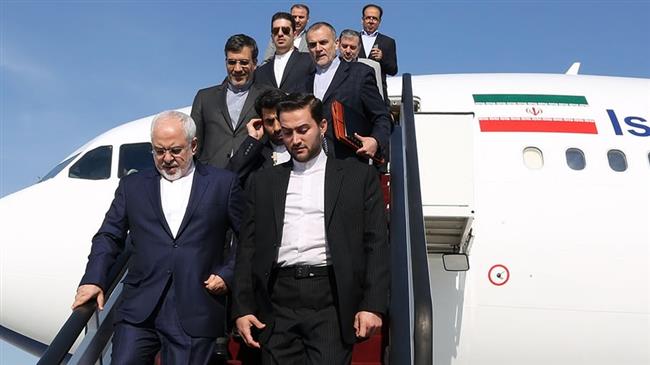
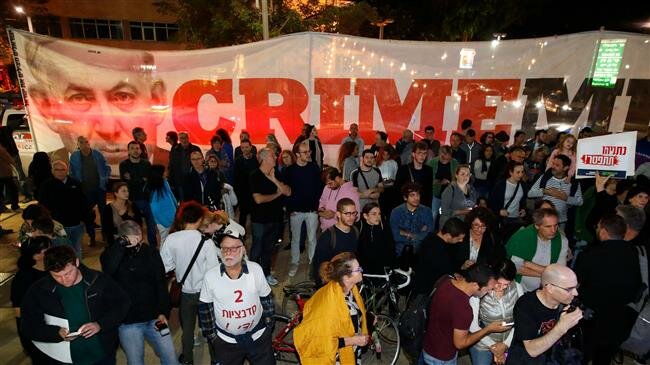


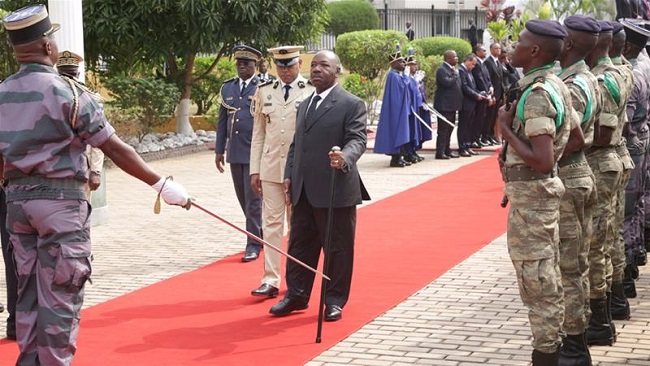
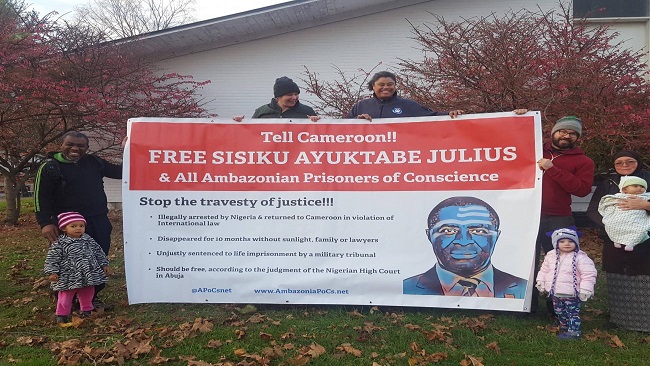

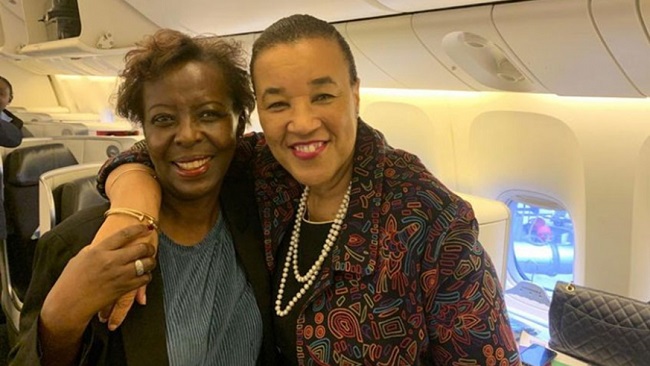


















2, December 2019
Barrister John Fru Nsoh’s Provoked Storm For A Few Dollars More 0
The controversial Southern Cameroons lawyer, Barrister John Nsoh provoked a storm recently by saying that the Ambazonia leader, Sisiku Ayuk Tabe is enjoying support from La Republique du Cameroun.
John Nsoh was immediately accused of using the leader as scapegoat for his own failures. His remarks were aimed at supporters of the Ambazonia Interim Government on whose donations via the Amba Bonds Project, Vice President Dabney Yerima and his team are depending in the Southern Cameroons revolution.
But our chief political man, Soter Agbaw-Ebai said it was a huge political miscalculation for a man of law who once pledged to stand shoulder-to-shoulder with President Sisiku Ayuk Tabe and to create an Ambazonia nation at ease with itself.
To be very accurate, Barrister John Fru Nsoh and his gang including the disgraced Ikome Sako and Chris Anu are trying to turn on another group of Southern Cameroonians as scapegoats to try to deflect responsibility from the poor management of My Trip To Buea funds. It is the action of a desperate man who sees his acolytes in the USA in desperate trouble and his own position under threat.
Every Ambazonian except Sako Ikome, Chris Anu and Kometa have said Barrister John Fru Nsoh was wrong to suggest that President Sisiku Ayuk Tabe has a laptop and a mobile phone provided by the French Cameroun regime in Yaoundé.
Mr John Fru Nsoh launched his attack in an interview with the former Southern Cameroons Communications Secretary, Chris Anu. During the said conversation, John Fru Nsoh appeared like a man in desperately straitened circumstances badly in need of a US social security safety net. Fru Nsoh was indeed begging!! The sight of Barrister John Fru Nsoh as a beggar on ABC TV was an eyesore which drove many Chris Anu viewers away.
All through recorded history, desperate political elites have always uttered and promoted inflammatory and deceptive rhetoric. Barrister John Fru Nsoh, a late arrival in the Ambazonia political amphitheatre is a quick learner in the dark art. He has learned the art of political dishonesty as fast as anyone ever known in Ambazonia history mindful of the fact that he was unknown to most Southern Cameroonians.
He was hired in good faith by the Interim Government of Ambazonia to represent the NERA10 after auditioning by giving a few interviews on Equinox TV in Douala. The leaders of the struggle failed again in hiring someone to a high position without proper background checks. A simple scrutiny would have revealed that John Fru Nsoh was unprofessional, erratic and careless in conduct and experiencing severe financial paucity.
Cameroon Concord News Group reporter in Douala wrote in April this year that John Fru Nsoh was boasting in an off-licence in Douala that his proceeds from the IG for working on the NERA10 case would help him complete the building of his house in Douala. Many saw it as witch hunt!! Today, the Barrister Nsoh builders have since stopped construction due to lack of resources.
Sako Ikome with his political bedfellow, Chris Anu, saw a financially despairing and morally bankrupt John Fru Nsoh as the perfect tool to achieve their goals. He was hired to assassinate the character and integrity of the Ambazonia President, Sisiku Ayuk Tabe. Pa Fru has ever since made ludicrous and unproven allegations that the Ambazonia leader is compromised-a position Ambazonians never bought into till date.
Barrister Fru has constantly repeated the unsubstantiated allegations and promised to provide his evidence when we get to Buea. Ambazonia public opinion has swung immensely in favour of Comrade Dabney Yerima, the Ambazonia Vice President appointed to pilot the revolution in the absence of the leader detained unlawfully in Yaoundé.
This week, Comrade Yerima launched the Ambabond project and announced the creation of The Bank of Ambazonia. A momentous decision that has raised eyebrows in political corridors around the world! Disgraced former Acting President Sako’s attempt to recapture the issue by assassinating the character of President Ayuk Tabe has been unproductive.
To be sure, Ambazonians have deserted him in their numbers since Cameroon Concord News Group uncovered and published irrefutable evidence that he was a professional 419 scammer who loomed large in Limbe before migrating to the USA. He is wanted in Limbe at the local Gendarmerie for his connections with the establishment of a credit union bank that swindled millions of CFA from small traders and farmers. These funds, paid for his trip to the USA. He has used the same approach to successfully ruin the career of John Fru Nsoh as he did to many of his victims in Southern Cameroons and like many who have been under the spell of a scammer before, the barrister is finding it impossible to break free.
In a recent fundraiser in California, the former barrister who is now a round-the-clock Ambazonia activist was paraded as a refugee. The audience was asked to donate for his welfare. Interestingly, Field Marshall of Lebialem, a fine Ambazonian fighter who is tenaciously and irresponsibly being dragged into frontline politics by some intellectually reckless and morally insolvent Ambazonian leaders reportedly pledged$150 to The Barrister John Fru Nsoh Fund.
Watching the video, a sense of sadness descended upon me. A once prominent and respected Southern Cameroons lawyer has been reduced to a public beggar in the USA.It reminded me of what a wretched combination greed and dishonesty represent.
John Fru Nsoh is in possession of a green card. Correspondingly, his claim to be a refugee in the United States is therefore bogus. He is desperate to elbow the leader of the Ambazonian revolution, Sisiku Ayuk Tabe, to grab the headlines and some few dollars more.
Barrister Nsoh’s shameful demise is a lesson to every Southern Cameroons political elite that they should be mindful of greed and dishonesty. Nsoh John Fru has lost it all. He now follows his political bedfellows from one fundraiser to another with a begging bowl.
All the respect and reverence he enjoyed in Cameroon, Ambazonia and the diaspora has disappeared making him irrelevant in Ambazonia politics. Consequently, he is willing to embark on any toxic campaign against President Ayuk Tabe.
It is hard to take this pro Sako comedian seriously but it is also very difficult not to feel sorry for him to have fallen for Pastor Sako’s scam.
Asu Isong
London Bureau Chief